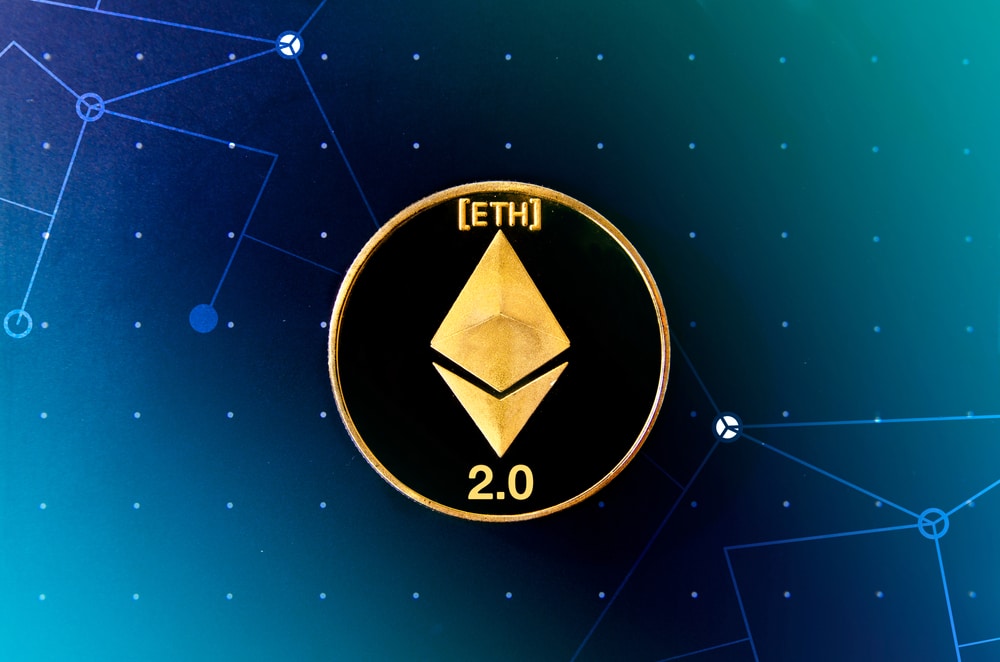Recently, market enthusiasts have been debating about cryptocurrency environmental impacts. That followed the alarms about BTC mining consuming insane amounts of electricity. For that reason, most platforms are working on energy-efficient solutions for now.
Currently, Ethereum and Bitcoin use Proof of Work to derive their functionality and security. The model has proven to utilize high power to accomplish trading activities. ETH plans to launch the Proof of Stake system by 2022. The model will reduce the platform’s energy consumption by 99.95%.
Let us explore what Proof of Work has, making it the best energy solution by Ethereum.
Proof of Stake – ETH’s Solution to Electricity Concerns
Regardless of the varying views by market players, the crypto market has an energy consumption problem. The best thing is to formulate solutions that will allow market players to enjoy what the crypto technology has without massive electricity losses.
That is why Proof of Stake exists.
The Proof of Stake model is brilliant as far as economists are concerned. Instead of solving complex mathematical issues, users can validate their crypto activities through ‘staking’ their coins to be validators.
The network chooses validators randomly to validate any block in the system. The user’s software compiles transactions into blocks and submitting them to the network.
Every selected validator needs to submit similar data. In case your information does not align with the rest, it would mean that you are attempting to submit false information. The platform will punish you by taking a part of your stake. If the platform fails to select you to validate some transactions and you are staking, you will review the transaction by other users and confirm that they are correct.
At the moment, some market analysts remain skeptical about Proof of Stake. However, massive Blockchains like Solana and Polygon have achieved the security needed and energy goals by ETH.
Though it is not evident that PoS will consume less power than PoW. The Proof of Stake model still involves multiple computers to validate the network. They only differ on the processing power required to validate the crypto deals.
Keep in mind that BTC network validation difficulty increases continually. That means miners would require more sophisticated rigs and high electricity to accomplish their deals.
